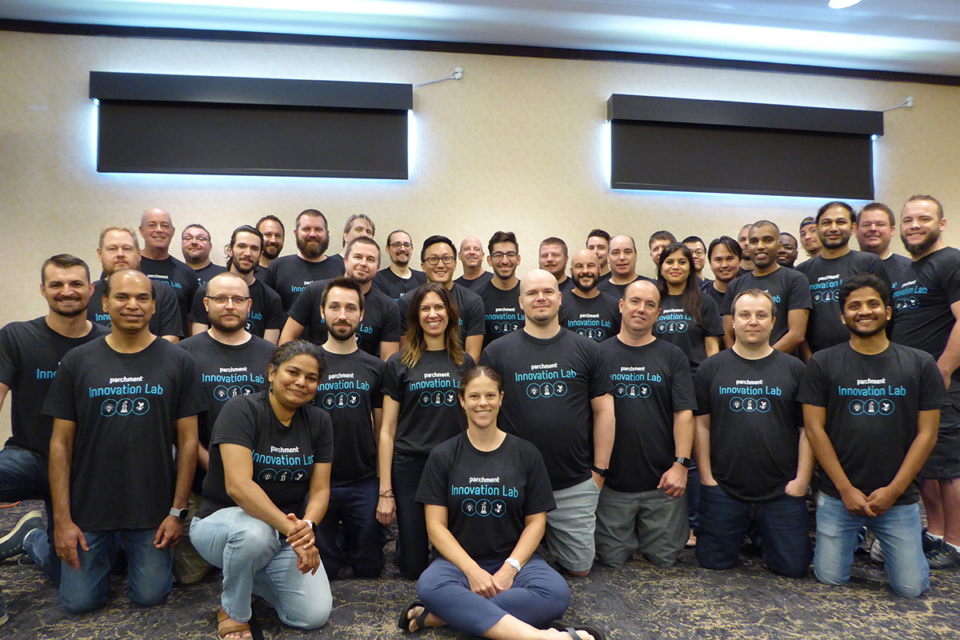
International
The European Microcredential Landscape
We use cookies to help you navigate efficiently and perform certain functions. You will find detailed information about all cookies under each consent category below.
The cookies that are categorized as "Necessary" are stored on your browser as they are essential for enabling the basic functionalities of the site. ...
Necessary cookies are required to enable the basic features of this site, such as providing secure log-in or adjusting your consent preferences. These cookies do not store any personally identifiable data.
Functional cookies help perform certain functionalities like sharing the content of the website on social media platforms, collecting feedback, and other third-party features.
Analytical cookies are used to understand how visitors interact with the website. These cookies help provide information on metrics such as the number of visitors, bounce rate, traffic source, etc.
Performance cookies are used to understand and analyze the key performance indexes of the website which helps in delivering a better user experience for the visitors.
Advertisement cookies are used to provide visitors with customized advertisements based on the pages you visited previously and to analyze the effectiveness of the ad campaigns.
Other cookies are those that are being identified and have not been classified into any category as yet.

Hackathon [hak-uh-thon] noun
A usually competitive event in which people work in groups on software or hardware projects, with the goal of creating a functioning product by the end of the event: At the hackathon our team produced an app that helps you monitor your sleeping habits. (dictionary.com)
We’re eager to tell you about our own first-ever hackathon. But first, here’s some background information about hackathons. According to hackerearth.com, a hackathon is typically a time-bound competitive event where participants collaborate to build proofs of concept and minimum viable products for a specific pre-defined problem or to innovate. The site reports that over 80% of Fortune 100 companies conduct hackathons to drive innovation. More than 50% of the hackathons are recurring events, indicating that they are a reliable tool for sustained innovation.
Hackathons are a big tradition on the social network. Companies (such as Google, Whirlpool and Facebook) hold corporate hackathons to encourage new product innovation by their employees. For example, the Facebook Like button, chat button and timeline were created during the company’s hackathons. (This Business Insider article says Facebook wouldn’t be Facebook without hackathons.)
With these kinds of potential results, we wanted to try “hackathoning” at Parchment, too. And not just because it’s fun and cool. A hackathon is a perfect opportunity for organizations to promote a culture of collaboration, crowdsource ideas, promote intrapreneurship, and boost collaboration and employee engagement. At the same time participants get to:
Our goal was to create a program (proof of concept or prototype) in just two days that accomplished the objective of the winning proposal. And we did it for all three!
Here’s our Parchment hackathon process. First, we decided on our theme: Make every day like at Parchment a little better. Then our employees posed ideas with the top 3 being picked:
Hackathons are no longer restricted to just the developer community. Anyone who can contribute to building a product can participate in a hackathon.
And while a Lunch Rater project may not be considered company-critical, it’s only the beginning for Parchment. In fact, we plan to take hackathons from involving a smaller engineering group to all employees company-wide, and even on to city-wide participation.
Want to learn more about hackathons? Visit these links:
Ready to get your hack on?
